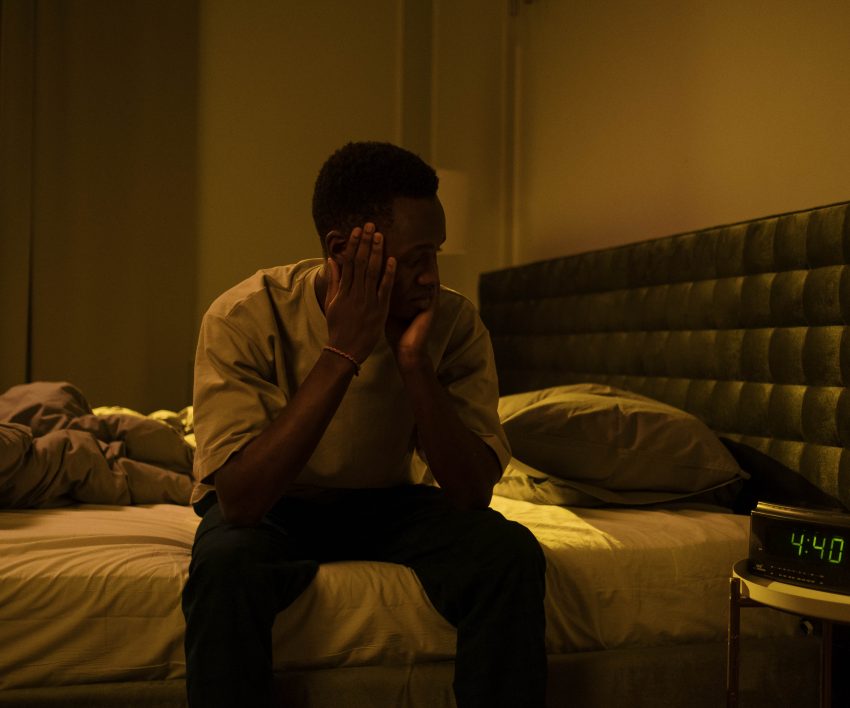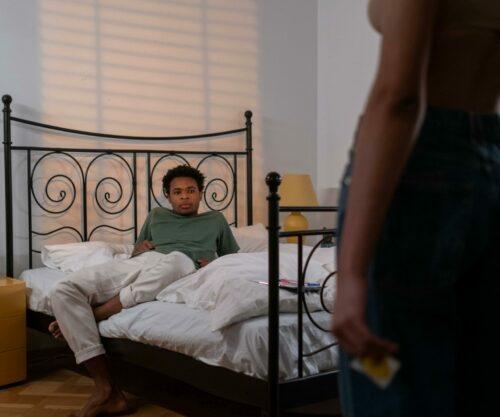
Picture: Pexels
Conditions that affect the quantity, timing, or quality of sleep as well as how well a person may function while awake are together referred to as sleep disorders.
In addition to contributing to other medical concerns, some of these conditions may also be signs of underlying mental health problems, states the Sleep Foundation.
According to Mayo Clinic, some common types of sleep disorders include:
- Insomnia, a condition in which you have trouble falling asleep or sleeping through the night.
- Sleep apnea, which causes irregular breathing patterns while you’re asleep. Sleep apnea can take many forms.
- Restless legs syndrome (RLS), a specific kind of sleep movement disorder. When you try to fall asleep, restless legs syndrome, also known as Willis-Ekbom illness, creates an uncomfortable feeling and the impulse to move your legs.
- Extreme daytime sleepiness and unplanned sleep during the day are symptoms of the condition narcolepsy.
Healthline sights the following as signs of sleep disorder:
- Regularly requiring longer than 30 minutes to fall asleep.
- Experiencing fatigue and aggravation throughout the day, despite receiving seven or eight hours of sleep each night.
- Waking up multiple times during the night and staying up for hours at a time.
- Frequent and prolonged naps during the day.
- Difficulty focusing at work or school.
- Falling asleep at inappropriate times, usually when sitting still and watching television or reading.
- Waking up too early in the morning.
- Loud breathing, gasping, or snoring noises while you sleep.
- An irresistible urge to move your legs, or a tingling or crawling feeling in the legs, particularly at bedtime.
- Needing a stimulant like caffeine to keep you awake during the day.
Also see: Foods that reduce anxiety




